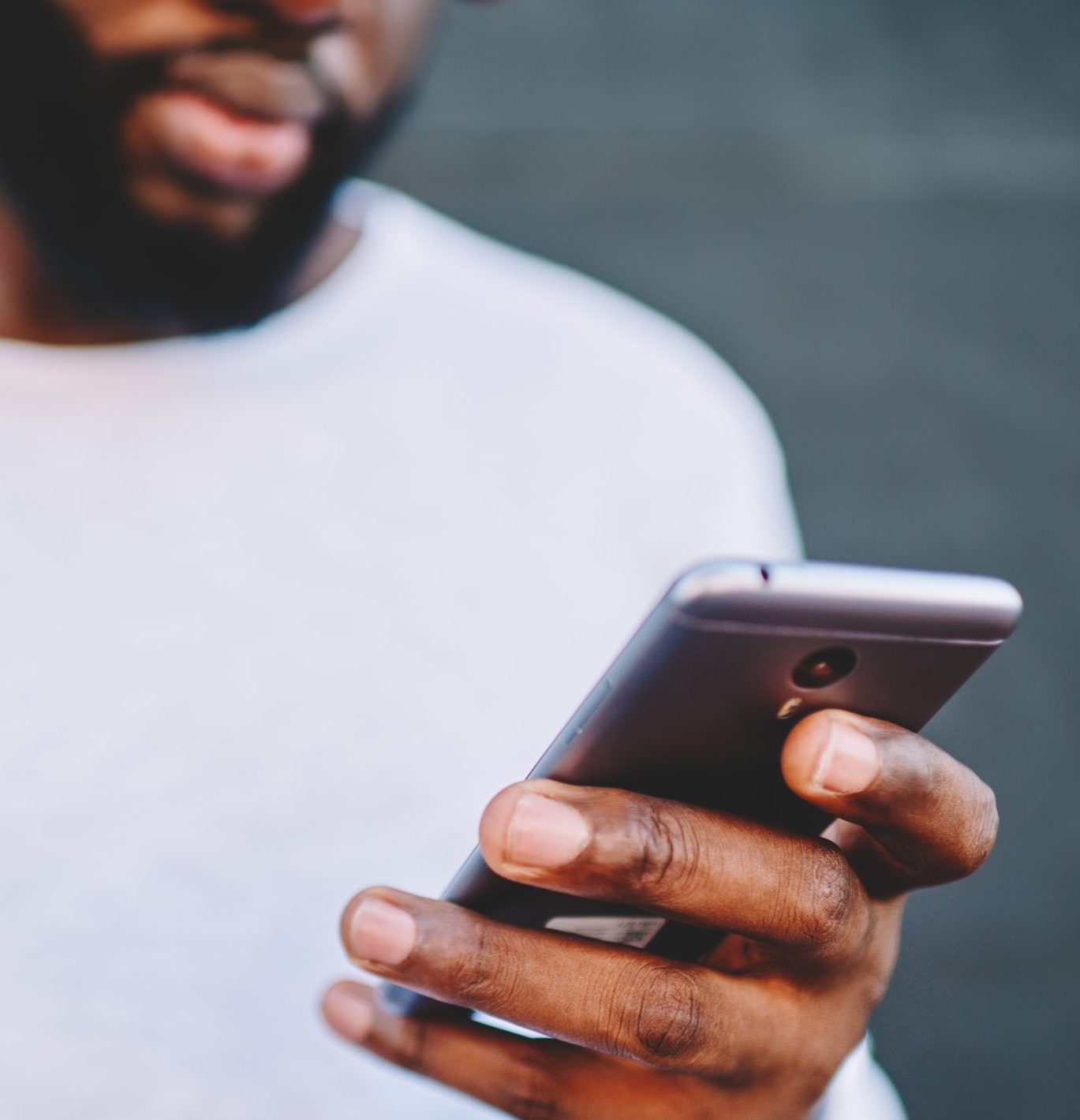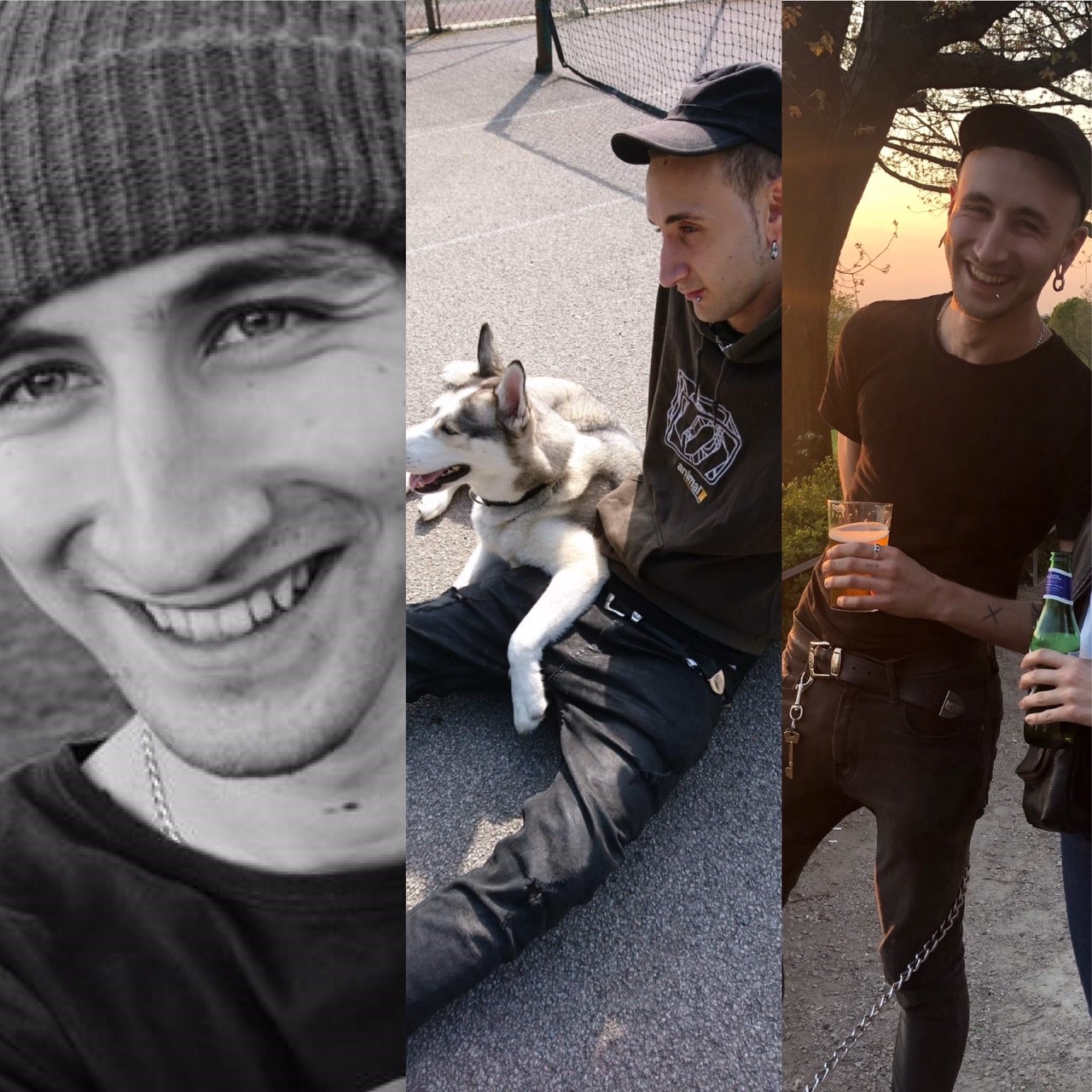The video below was entirely conceived; filmed; edited and gifted to The Calzy Foundation by a group of young creatives who simply want what we are campaigning for.
They provided their expertise; their skill set; their inspiration and their professionalism in support of our campaign.
This is THEIR voice. This is THEIR call for better support. This is THEIR generations need.
We’re calling on the Government and the NHS to introduce urgently a three digit national helpline for people experiencing mental health crises and suicidal thoughts.
Establishing a helpline as the equivalent of 999 will offer an easily remembered number to make it simpler for those in crisis to access the help they desperately need.
The helpline would be answered by fully-trained mental health professionals. Callers would be assessed, offered immediate intervention where needed, with the caller then routed to the appropriate service. The helpline would also be reached by text and online.
A number operating 24 hours a day every day sends out a powerful message that the country takes mental health crises as seriously as other medical emergencies and will help reduce the stigma surrounding suicide and mental illness.
The helpline will relieve pressure on 999 services, particularly the police, and hospital A&E services, so freeing up already stretched resources to deal with other emergencies.
Currently, many helplines provide much-needed support, but some operate in local areas and do not provide a 24-hour service. This means knowing who to turn to when facing a mental health emergency is confusing, overwhelming and off-putting.
Given the well-documented deterioration of the nation’s mental health, we believe the country urgently needs a three digit helpline for people experiencing mental health crises and suicidal thoughts.
If you would like more information on our campaign or to support us on this campaign – please contact us here using the subject line: #247helpline
NHS England’s position
NHS England is pressing ahead with integrating existing mental health trust emergency helplines into the NHS 111 service press 2 service. We believe this move is problematic because:
- Routing mental health emergency calls to a well-established number for non-emergency medical calls will create confusion
- Unnecessary steps to access the right support will build in delay
- It will further inundate 111 which is under severe pressure
- It re-inforces the perception that mental health emergencies are less important than other medical emergencies

Over the course of a lifetime 1 in 5 people have suicidal thoughts, 1 in 14 people self-harm, and 1 in 15 people attempt suicide.
1 in 4 people will experience a mental health problem of some kind each year.
In 2020, the leading cause of death for people aged 5-34 was intentional self-harm.
People who identify as LGBTQIA+ are between 2-3 times more likely than heterosexual people to report having a mental health problem in England.
23% of black or black British people will experience a common mental health problem in any given week compared to 17% of white British people.
18% of children aged 7-16 had a probable mental disorder in 2022, up from 12% in 2017. Among those aged 17-19, 10% had a probable mental disorder in 2017, rising to 18% in 2022.
Each suicide in the UK is estimated to cost £1.7m while the national cost of suicide is around £10 billion a year.
The police spend 20-40% of their time dealing with mental health incidents.
All police forces have a seen a rise in officers dealing with mental health incidents. The number of incidents dealt with by North Wales police increased by five times between 2017 and 2022, while in Merseyside it was more than three times over the same period.


